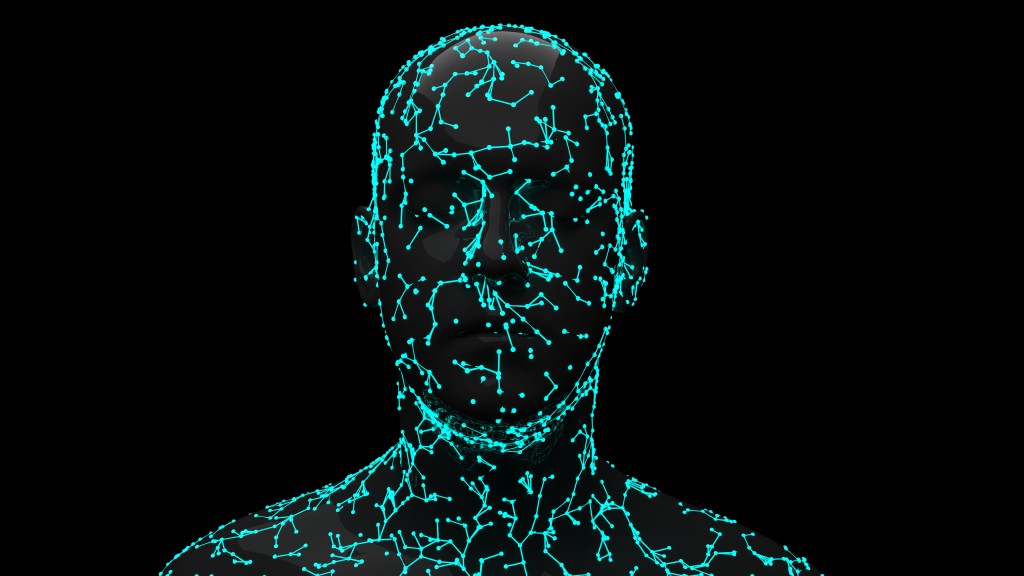After claiming that it would only sell its controversial facial recognition software to law enforcement agencies, a new report suggests that Clearview AI is less than discerning about its client base. According to BuzzFeed News, the small, secretive company looks to have shopped its technology far and wide.
While Clearview counts ICE, the U.S. Attorney’s Office for the Southern District of New York and the retail giant Macy’s among its paying customers, many more private companies are testing the technology through 30-day free trials. Non-law enforcement entities that appeared on Clearview’s client list include Walmart, Eventbrite, the NBA, Coinbase, Equinox and many others.
According to the report, even if a company or organization has no formal relationship with Clearview, its individual employees might be testing the software. “In some cases… officials at a number of those places initially had no idea their employees were using the software or denied ever trying the facial recognition tool,” BuzzFeed News reports.
In one example, the NYPD denied a relationship with Clearview, even as as many as 30 officers within the department conducted 11,000 searches through the software, according to internal logs.
A week ago, Clearview’s CEO Hoan Ton-That was quoted on Fox Business stating that his company’s technology is “strictly for law enforcement” — a claim the company’s budding client list appears to contradict.
“This list, if confirmed, is a privacy, security, and civil liberties nightmare,” ACLU staff attorney Nathan Freed Wessler said of the revelations. “Government agents should not be running our faces against a shadily assembled database of billions of our photos in secret and with no safeguards against abuse.”
On top of its reputation as an invasive technology, critics argue that facial recognition tech isn’t accurate enough to be used in the high-consequence settings it’s often touted for. Facial recognition software has notoriously struggled to accurately identify non-white, non-male faces, a phenomenon that undergirds arguments that biased data has the potential to create devastating real-world consequences.
Little is known about the technology that powers Clearview’s own algorithms and accuracy beyond that the company scrapes public images from many online sources, aggregates that data and allows users to search it for matches. In light of Clearview’s reliance on photos from social networks, Facebook, YouTube and Twitter have all issued the company cease-and-desist letters for violating their terms of use.
Clearview’s small pool of early investors includes the private equity firm Kirenaga Partners and famed investor and influential tech conservative Peter Thiel. Thiel, who sits on the board of Facebook, also co-founded Palantir, a data analytics company that’s become a favorite of law enforcement.































Comment